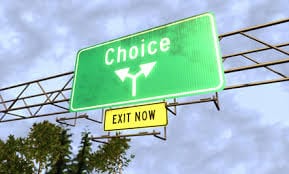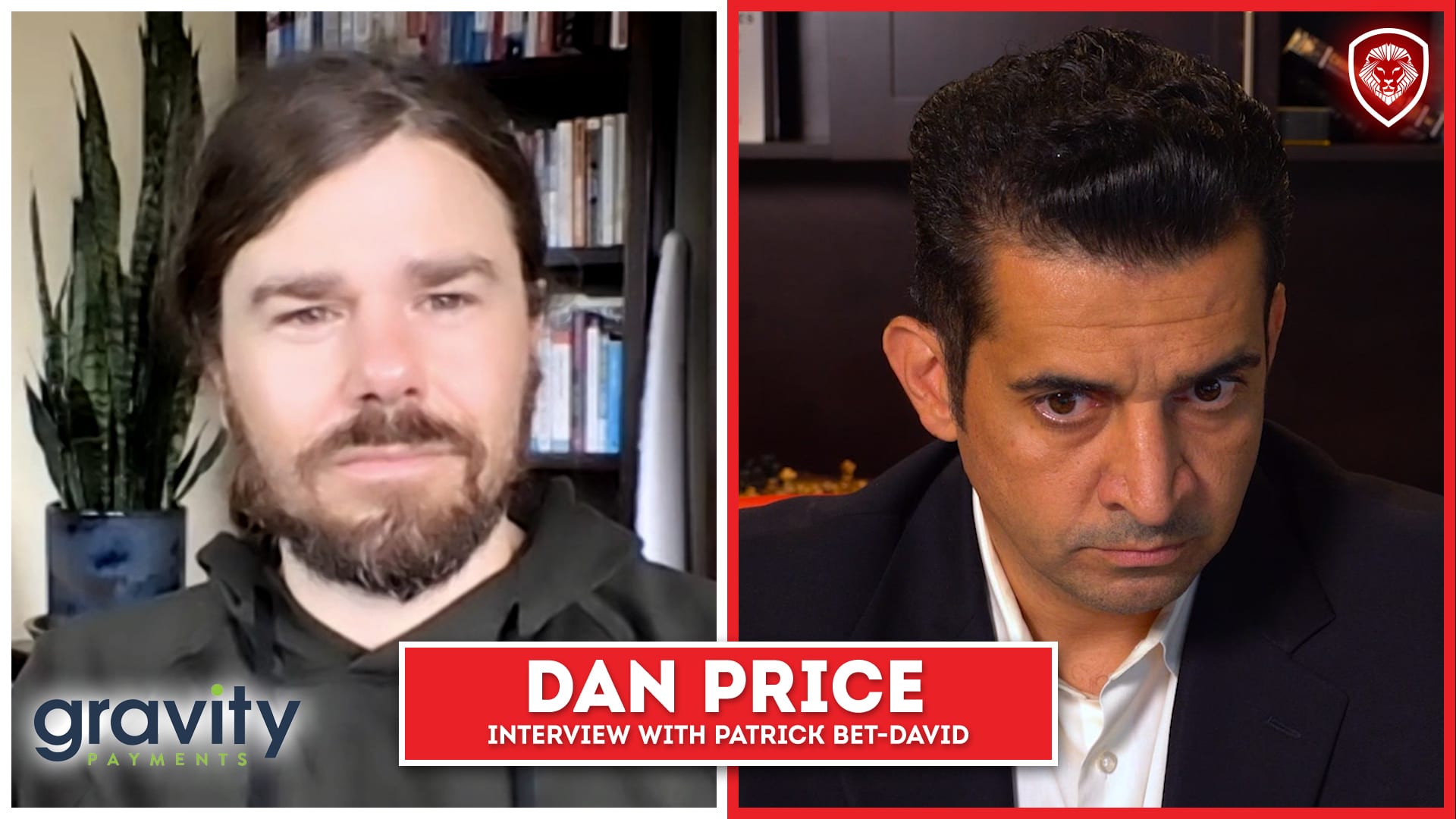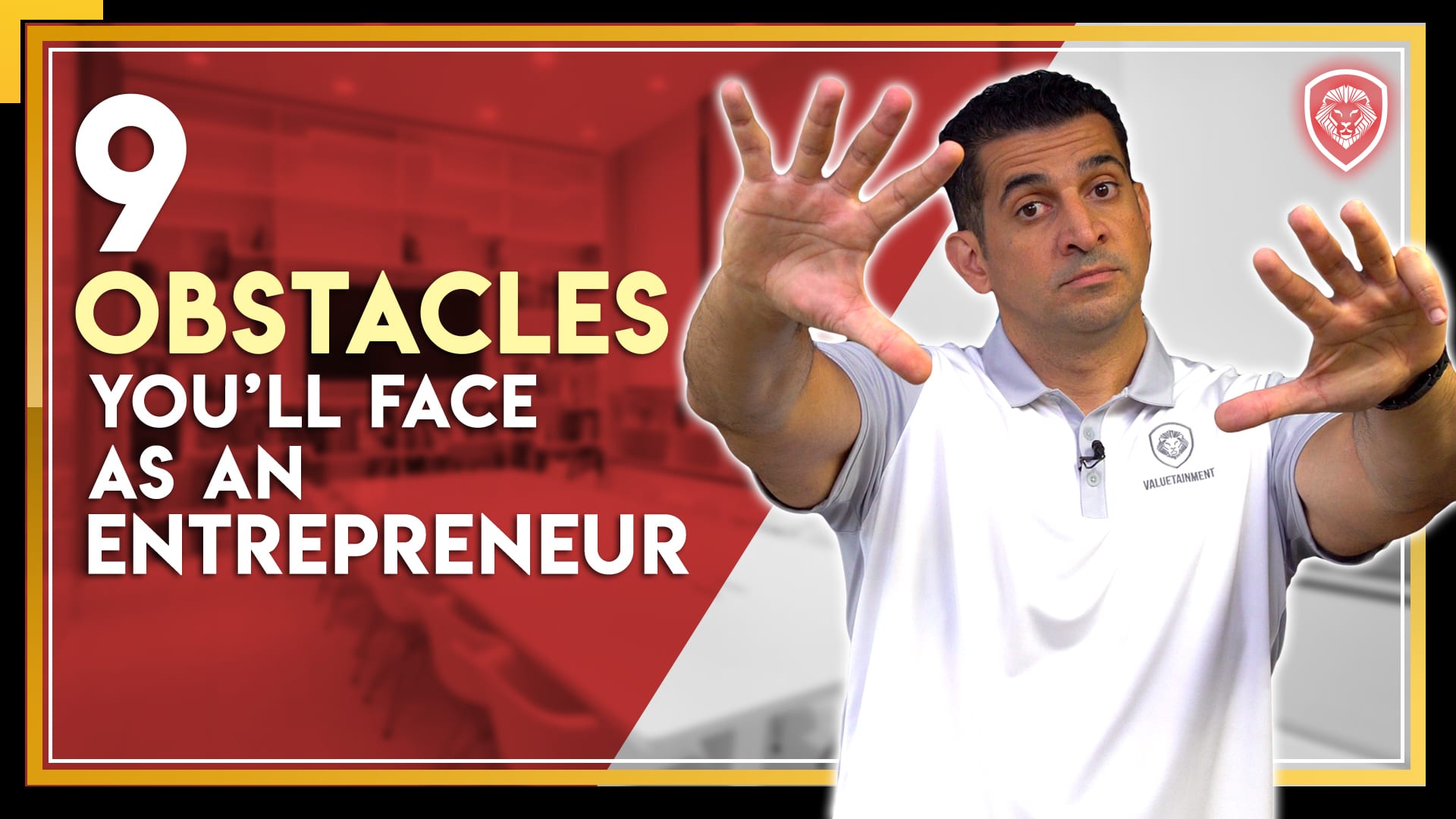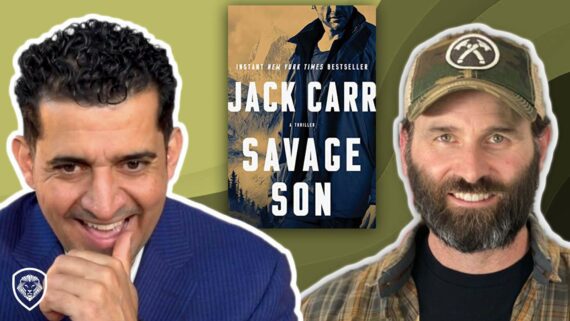By Patrick Bet-David
There comes a time in our lives when we realize our financial philosophy needs to change, and it usually hits us when we get tired of looking at our pathetic, low-balance bank statements. And I know this from firsthand experience. There was a time in my life when my pitiful account balance was clear evidence that I needed to do something different.
Over the years of sitting down with thousands of families to discuss their financial goals, I have seen a trend that explains why most people don’t have the proper savings in place. It comes down to this: Most families have a tendency of saying “yes” to buying things they don’t need, but saying “no” to the things they really do need.
People have an easy time saying “yes” to a latte at Starbucks, dinner out, the premium movie channel package, a new pair of shoes (even with no room in the closet), or a new car (even when the old one still runs well). Meanwhile, they have an easy time saying “no” to packing a bag lunch, saving for retirement, starting a life insurance policy, putting a college savings plan into place, or starting a part-time, second income.
“Yes” can give you some short-term instant gratification, but it comes at a steep price when you need money for the important things in life. On the other hand, re-thinking “no” on investments for your future will provide rewards later that can help you enjoy life to its fullest.
My challenge to you is to put a list together of things you’ve been saying “yes” to that you really should be saying “no” to. Then, put together a list of things you’ve been saying “no” to that you need to start seriously considering.







